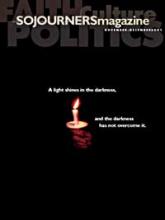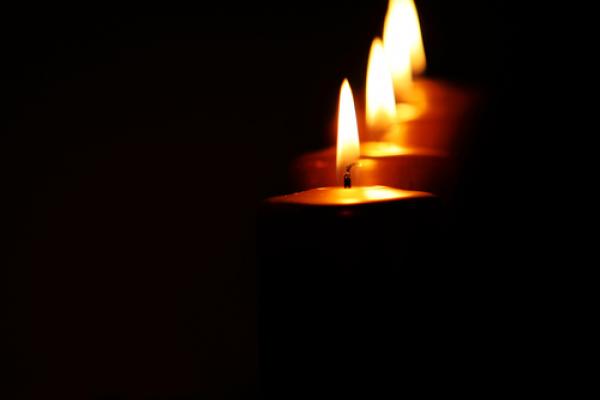On that fateful Tuesday, I turned from the trivialities of morning TV for only a moment. When I looked again, there was the smoke, a tower with its top in the heavens now aflame, and a world rocked. Stuck in South Dakota, I began my three-day trek home in order to be in my pulpit in Duke Chapel. On that Sunday after that Tuesday, if I had to characterize the mood of my congregation it would be desperation. In my years of ministry, never had I seen people so hungry for a word.
Most of the time, we preachers are ignored. But not this week. I had calls from reporters at BBC, MSNBC, the local paper, all asking, "Is there any word from the Lord?" Actually, their question was, "What are you going to say on Sunday?" The world wanted to hear a good sermon in the worst way.
The Common Lectionary text for that Sunday was from Luke 15, Jesus' story of the Lost Sheep. Many pastors stuck with the assigned text, speaking about God's amazing grace and expansive love, many of them mentioning God's love for people of all faiths and nationalities, for those who perished. Some of this seemed sentimental, but still, comforting. Many preachers, including me, decided that what grieving people need most is reassurance and comfort and forsook the lectionary in order to find a consoling text. I chose Genesis 1:1-5.
"Then God said, ‘Let there be light'; and there was light. And God saw that the light was good" (Genesis 1:3-4).
We believe these verses originated in Israel's exile, amid hopelessness and despair engendered by having your country pillaged, your temple ruined, your cities wrecked. In other words, this sermon, Genesis 1, was first preached amid national desolation. Thrashing about for a text for you, I thought of Genesis 1.
"Formless void" more truthfully tells what happened to our collective consciousness this Tuesday past than "America under attack" or "civilization in peril."
Read the Full Article

